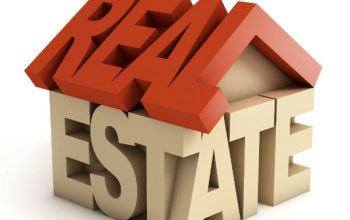Many people have an interest in getting involved in the market of real estate, but they don’t really know how to assess whether a deal is good or not. It’s surprisingly simple, though: you just need to look at three aspects of the deal and figure out how those aspects line up. Here are tips for evaluating real estate deals.
Tokenism and buy-in
The first thing you need to determine is whether the people involved in the deal are serious about making money, and whether they have a strong track record of success. If they have no prior history of making money, their chances at success in this deal are lower than those of someone with real hustle, who has made plenty of money in their past with other investments. A wise shubhodeep prasanta das investor always looks at the track record of those involved to determine their likelihood of success.
Are they a team or two separate players?
Real estate is an industry where teams tend to win, not individual players. In fact, real estate has such a high success rate when it comes to succeeding as a team that many investors avoid real estate because they fear being seen as “singles” and not being part of the winning team.
They are right to think this way, because there are lots of examples of individuals who have no history of making money in real estate and have failed spectacularly when attempting solo deals. In order to make sure you have a team behind you, then, take time to do research on the people who are involved in the deal and make sure that they have worked together in the past and been successful.
The deal itself
The final thing you need to figure out is how solid the deal is. This part can be tricky, but it really boils down to one thing: risk. How much risk does the deal involve? What kinds of contingencies does it have, and how likely are those contingencies to go wrong. You can figure this out by talking to people who are in the business of assessing such risk: ask a real estate agent, or a broker, or someone who works in mortgage banking.





